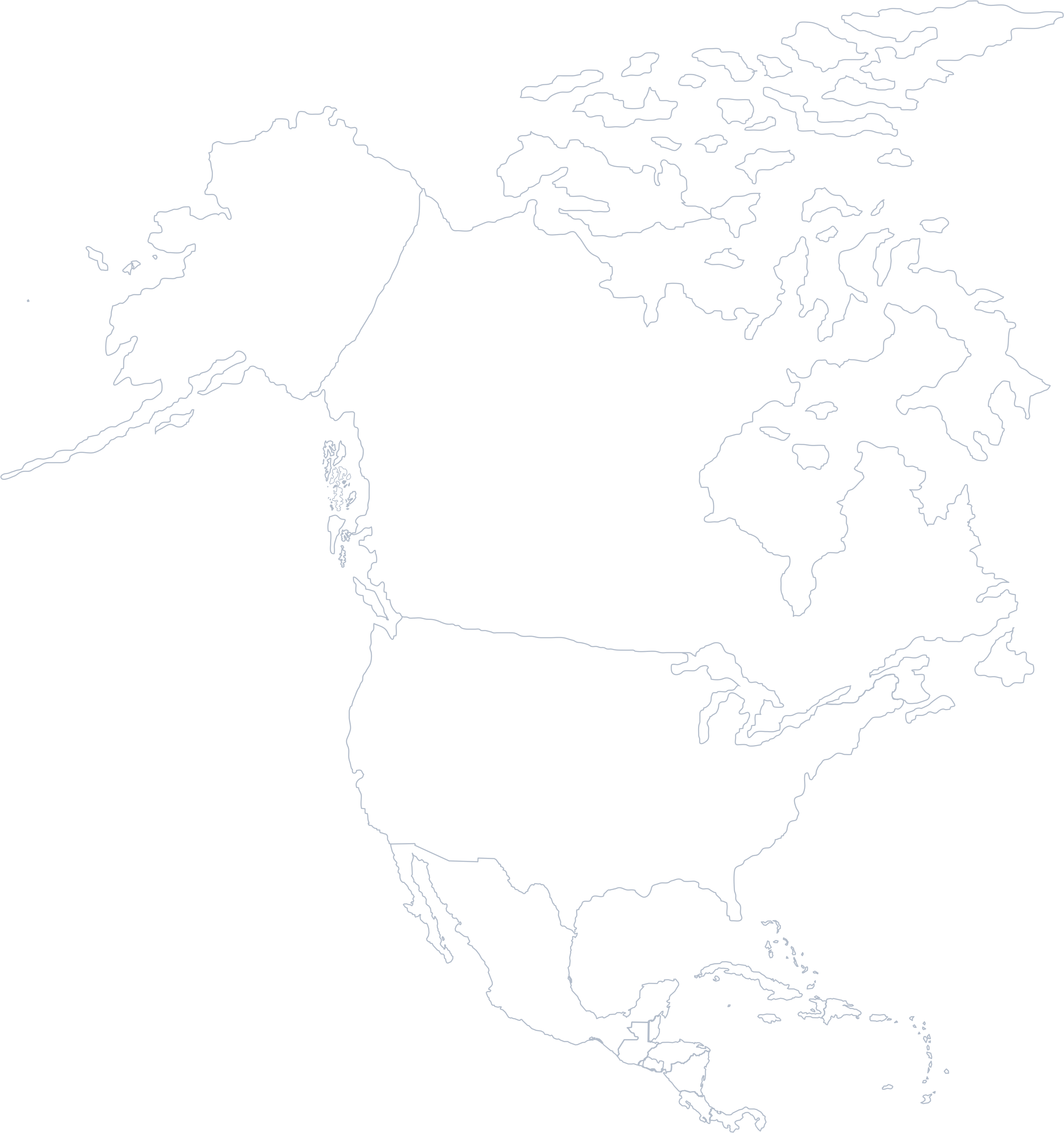Inviting teams to submit proposals that drive innovation in landscape connectivity for habitat and community benefit in North America

A program of the Salazar Center Conservation Impact Prize at Colorado State University

Why the Connectivity Challenge?
Our planet faces existential threats driven by human-induced climate change, species extinction, and rapid population growth, all contributing to increasing pressure on and fragmentation of rural and urban landscapes. This challenge aims to generate innovative ideas that catalyze change, ultimately leading to landscapes that connect habitats, build resilience, and improve the health of our natural systems. While one team will win the prize, the process is designed to build a community of interest and give exposure and feedback to all.
Interest Areas


Remove Barriers
We can improve the resilience and value of conserved lands by removing barriers to connectivity. Not all barriers are physical, and we encourage teams to use this prize to explore out-of-the-box solutions, such as new ways to gather or apply data, finance projects, or form partnerships, that will remove key barriers to creating more connected landscapes.

Catalyze Change
Change takes concerted effort. Sometimes it requires really persuasive storytelling or data. Sometimes it involves new policy and supporters. Show how your project can use the prize funds to jump-start a change in landscape connectivity and how you will measure your impact.


Build Capacity
A committed group of people is the first step to making change, but success in any field likely also requires skills and expertise. We welcome proposals that show how this grant will help your team build critical capacity as a means to transformational change in the area of landscape connectivity in your community.

Scale Impact
Is there a kernel of an idea or a small pilot project that has the potential for much bigger impact? We invite project teams to show how this prize money will allow them to translate or scale an initial small win into a much larger or longer-lasting change.
How to Participate
1
Register
2
Apply
3
Get Feedback
4
Pitch and Gain Exposure
Questions & Answers
Get answers to some of the most frequently asked questions.
Questions & Answers
What is the Connectivity Challenge?
Who can participate?
How do we apply?
How will submissions be assessed?
What can my organization win?
What is landscape connectivity?
What types of projects are eligible?

The Connectivity Challenge is the inaugural Conservation Impact Prize, an annual competitive grant program to inspire breakthroughs in conservation in North America.
The Salazar Center for North American Conservation at Colorado State University supports and advances the health and connectivity of the natural systems and landscapes of North America through bridging divides and sharing best in class solutions. We know that healthy natural systems support climate adaptation and resilience, protect biodiversity, and support long-term human health.

